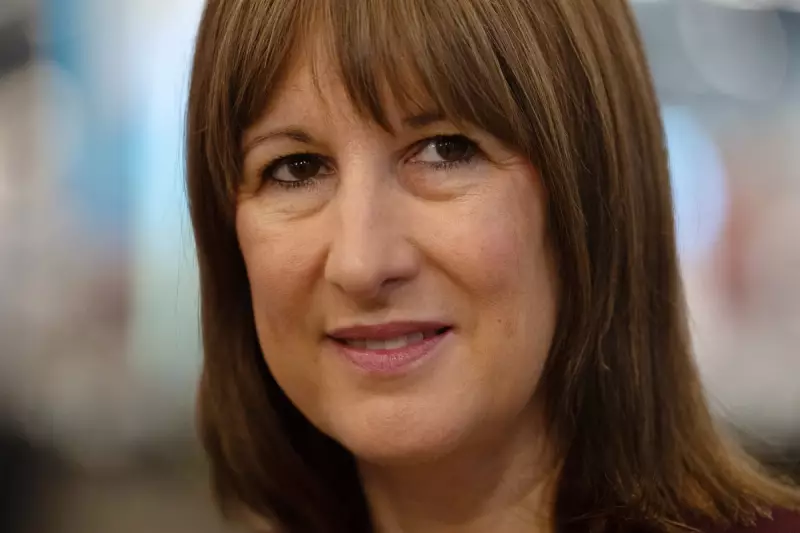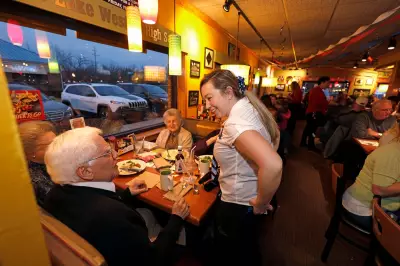
Chancellor Rachel Reeves is poised to deliver her second Budget, pledging an ambitious growth strategy while confirming tax increases to address a significant shortfall in the public purse.
A Budget for Growth and Stability
In a statement ahead of Wednesday's Budget announcement, the Chancellor committed to pushing ahead with the biggest drive for growth in a generation. She vowed to avoid a return to austerity but also insisted she would not lose control of public spending through reckless borrowing.
Ms Reeves stated her intention to take the fair and necessary choices to deliver on our promise of change. Her three core priorities for this Budget are: cutting the cost of living, reducing NHS waiting lists alongside public service reforms, and beginning to lower the cost of public debt.
Key Announcements and Tax Measures
In a move to tackle the cost-of-living crisis, the Chancellor has confirmed a pay rise for millions. Acting on the Low Pay Commission's recommendation, the National Living Wage will increase by 4.1% to £12.71 per hour from next April. This change, for eligible workers aged 21 and over, is set to benefit around 2.4 million low-paid workers, boosting the gross annual earnings of a full-time worker on the rate by approximately £900.
However, to fill a black hole in the public finances, a smorgasbord of tax rises is widely anticipated. These could include:
- Higher council tax on expensive properties, effectively a mansion tax.
- Freezing income tax thresholds, pulling more people into higher tax brackets.
- Expanding the soft drinks levy, or sugar tax, to include pre-packaged milkshakes and lattes.
Ministers have also announced that regional mayors will be given the power to tax overnight tourism stays if they wish.
Political Reaction and Criticism
The Chancellor's plans have already drawn sharp criticism from the opposition. Shadow chancellor Sir Mel Stride accused Ms Reeves of trying to pull the wool over your eyes.
He claimed that after already raising taxes by £40 billion and promising a clean slate, the Chancellor is now set to break that promise. Sir Mel argued that the tax rises are a product of political weakness, not economic necessity, and that hardworking families will be left to foot the bill.
As the country awaits the full details in the House of Commons, the Chancellor has framed her Budget as a foundational step to build a fairer, stronger, and more secure Britain through strategic investment in infrastructure, housing, defence, and skills.






